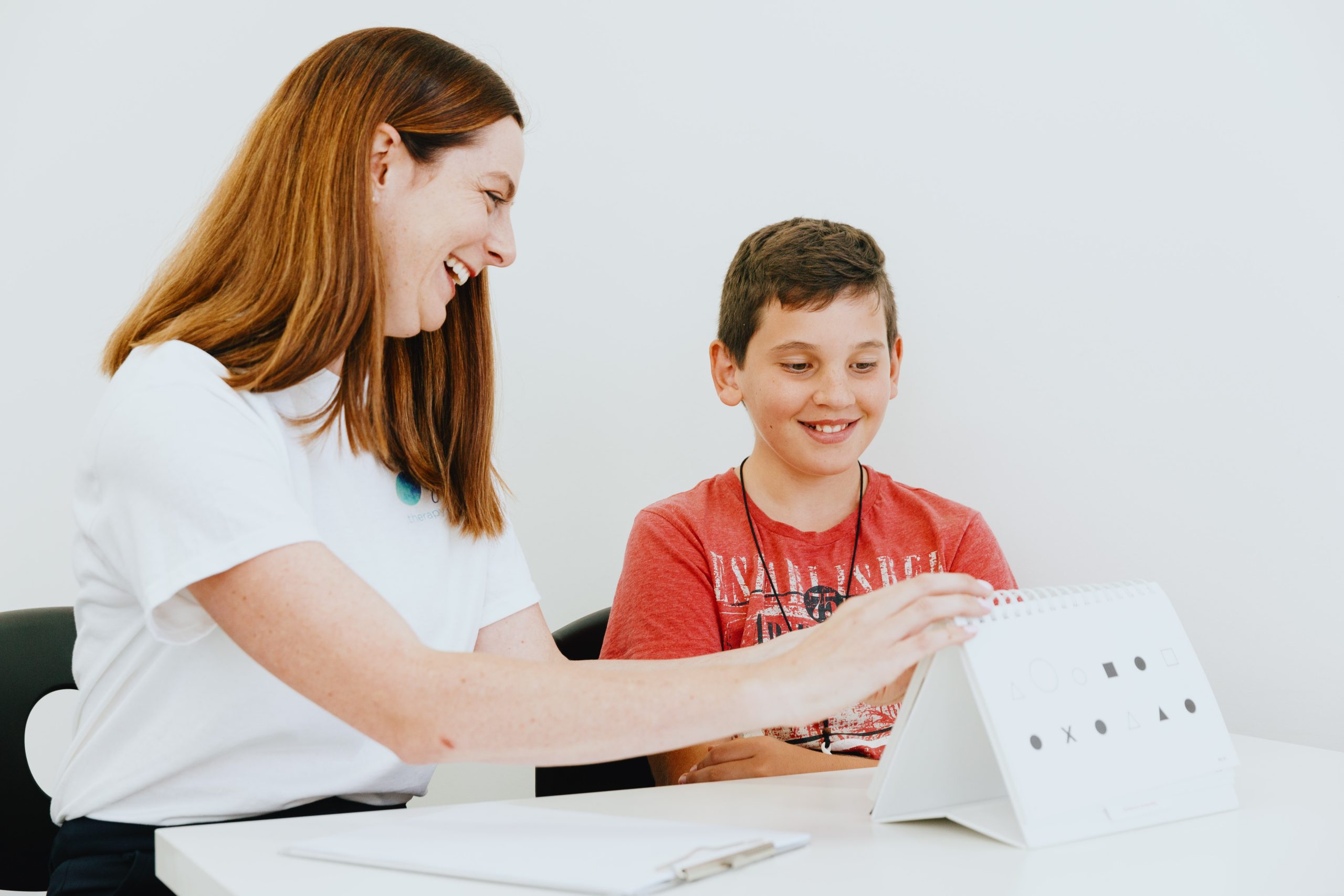Related Blogs
Embracing Neurodiversity: Re-defining “Appropriate Behaviour” for Autistic kids.
Unlocking Clear Speech: Orofacial Myofunctional Therapy (OMT) Explained
Therapy Frequency: A Thoughtful Approach
Unlocking Allied Health Services: Navigating Support and Care
OCCUPATIONAL THERAPY
SPEECH & LANGUAGE
Navigating the world of healthcare can often be a daunting experience, especially when faced with complex medical terminology, a myriad of specialists, and various health services. To make this journey more manageable and informative, here’s a concise overview of the roles and support provided by different health and allied health professionals. In many cases, a multidisciplinary approach, where these professionals collaborate, ensures you and your family receive the best care and support.
Allied Health Services
1. Audiologist
- Audiologists specialise in assessing and managing issues related to hearing, balance, and other neural systems.
- They offer assistance in fitting and programming hearing aids and cochlear implants.
2. Cognitive Psychologists
- Cognitive psychologists delve into the realm of mental processes, including perception, memory, learning, language, and problem-solving.
- They can assess and diagnose various developmental issues, including Autism Spectrum Disorder (ASD), Attention Deficit Disorder (ADD), and Attention Deficit Hyperactivity Disorder (ADHD).
3. Dentist
- Dentists are medical professionals who focus on oral and dental health.
- Some dentists are also trained in oro-myofacial function (the function of oral and facial muscles) and can perform lip and tongue tie releases under local anesthesia.
4. Ear, Nose, and Throat Specialist (ENT)
- ENT specialists evaluate and treat disorders related to the head and neck, particularly the ears, nose, and throat.
- They address concerns related to the airway, allergies, hearing, and vocal cord health, and may perform procedures such as nasendoscopy and laryngoscopy.
5. General Practitioner (GP)
- GPs are local family doctors who oversee your overall health and well-being.
- They can provide referrals to specialists if needed and may offer a partial Medicare Rebate (CDMP) for up to 5 sessions, which can be used for various allied health services, including Speech Pathology and Occupational Therapy.
6. Occupational Therapist (OT)
- Occupational Therapists assist individuals in engaging in the activities they need and want to do in all aspects of life.
- They focus on improving fine and gross motor skills and addressing sensory-related difficulties to optimise functioning at home, school, and in the community.
7. Orthodontist
- Orthodontists hold dental and orthodontic degrees and specialise in diagnosing and treating teeth and jaw alignment issues.
- They also manage facial growth and airway patency concerns.
8. Optometrist
- Optometrists diagnose and treat eye disorders and vision problems.
- Behavourial optometrists specialise in the relationship between vision, learning, and development.
9. Paediatrician
- Paediatricians possess specialised knowledge in the medical and developmental aspects of infants, children, and teenagers.
- Developmental paediatricians further specialise in children’s behaviour, learning, development, and mental health. They can assess, diagnose, and manage developmental delays, such as Global Developmental Delay (GDD) and Autism Spectrum Disorder (ASD).
10. Speech Pathologist (SP)
- Speech Pathologists specialise in communication and swallowing, addressing areas such as speech, language, voice, fluency, social communication, and feeding.
- They are also trained to implement Alternate and/or Augmentative Communication (AAC) and may have expertise in oro myofacial function and breathing re-training.
Understanding the roles and contributions of these healthcare professionals can empower you to make informed decisions about the care and support your family needs. Collaborative efforts among these specialists can pave the way for comprehensive and effective healthcare for you and your loved ones.


